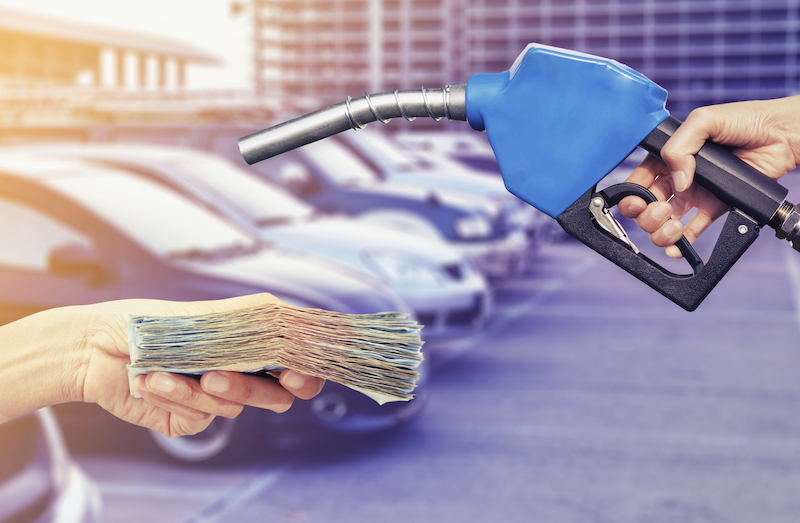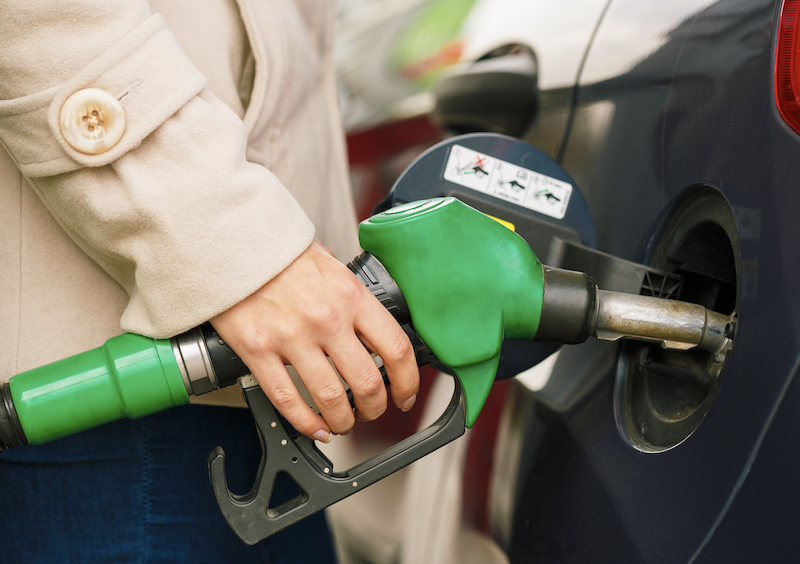


Proposed fuel duty increases of 4% have highlighted the trade-off between States' income and efforts to make Guernsey more environmentally responsible.
Ahead of next week's Budget debate in the States, Environment & Infrastructure President Deputy Lindsay de Sausmarez said there needs to be a "compromise" between P&R’s revenue targets and E&I’s aims to reduce carbon emissions.
“Fuel duty has always been a fiscal rather than environmental measure - which is why it’s set by P&R - but fuel use obviously does have direct environmental impacts, among them carbon emissions,” she said.
“This year’s budget debate coincides with COP26, the 26th UN Climate Change Conference being held in Glasgow.
“Our climate change policy centres on decarbonisation,” said Deputy de Sausmarez, citing the 2020 decision by the States to aim for net-zero by 2050.

Pictured: “The majority of our road transport is still powered by petrol and diesel - transport is still one of the biggest contributors to the island’s carbon footprint,” said Deputy de Sausmarez.
“One alternative to diesel is a product called Hydrotreated Vegetable Oil (HVO), also known as biodiesel, which is a more sustainably sourced fuel producing only around 10% of the emissions of diesel.
“It’s a more expensive product, though, so the retail cost with duty added tends to be prohibitive. Removing the duty altogether would be fantastic from an environmental perspective, as many diesel users would switch and emissions and pollution would fall, but fuel duty’s purpose is to raise revenue.
"If the States were to do that, we could be facing a loss of income of potentially up to around £7m."

Pictured: A 4% increase on motor fuel excise duty would raise £300k in revenue.
Deputy de Sausmarez said there is a tough balance to be made, between drawing in taxation revenue and being environmentally conscious.
Despite not making itself available for comment on the issue, P&RC has outlined an intention to work with E&I on investigating a distance charging model, instead of fuel duty.
This is in response to an anticipated decline in taxable fuel sales as people move to electric cars and more fuel-efficient engines.
“Because a lot of work needs to go in to mitigating the loss of income, we have decided to work on it with P&R outside of the constraints of the budget debate,” said Deputy de Sausmarez.
“We hope we will be able to find a compromise between P&R’s fiscal objectives and E&I’s carbon emissions objectives that will help us encourage the uptake of this more sustainable fuel without creating a damaging hole in the States’ finances.”
Comments
Comments on this story express the views of the commentator only, not Bailiwick Publishing. We are unable to guarantee the accuracy of any of those comments.